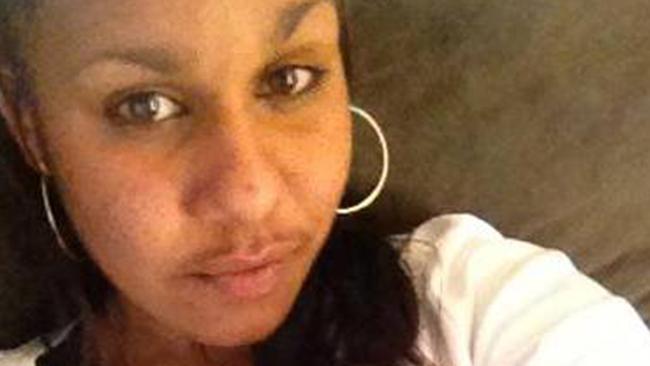Doctor to face medical board over Miss Dhu’s death
A doctor who sent a gravely ill Aboriginal woman back to a police lockup before she died will face the Medical Board of Australia.

The doctor who sent a gravely ill Aboriginal woman back to a police lockup the night before she died of septicaemia and pneumonia will face the Medical Board of Australia in February.
Vafa Naderi was the second emergency department doctor to see the 22-year-old woman while she served out fines in a police cell 1650km north of Perth in August 2014. Neither detected her condition. She had complained of rib pain, vomited and ultimately could not feel her legs, but an inquest later heard police thought she was faking illness to get out of the lockup. The woman, who is known only as Miss Dhu at the request of her family, died on August 4, 2014, her third day in custody.
At the inquest in Perth, Dr Naderi conceded it was a “significant failure” not to have taken Miss Dhu’s temperature when police took her to the Hedland Health Campus on August 3, 2014.
Dr Naderi told the inquest that if he had known Miss Dhu had a fever — a sign consistent with infection — he likely would have ordered an X-ray and blood tests. He also had not seen a triage nurse’s assessment that the woman had a high pulse rate of 126. Had he done so he would have had a “much higher index of suspicion” about Miss Dhu’s condition. The Medical Board of Australia is due to hold a mediation with Dr Naderi on February 13.
In his evidence at the inquest, Dr Naderi explained his decision to discharge Miss Dhu, saying she had shown no clinical signs of pneumonia such as breathing difficulties. “I firmly believe if I had done a chest X-ray at the time it would not have shown pathology,” he said.
Earlier, emergency specialist Stephen Dunjey told the inquest an X-ray would have been likely to show abnormalities. However, Dr Dunjey also said there was a mortality rate of up to 40 per cent for staphylococcal septicaemia, and that she “may have died even with earlier diagnosis and maximal medical therapy”.
Dr Dunjey told coroner Ros Fogliani the condition that killed Miss Dhu was rare, rapidly progressive and almost always misdiagnosed.
“And, unfortunately, as people get sicker and sicker and the diagnosis gets more obvious, often it’s too late to do anything about the conditions. So it’s often misdiagnosed, almost always,” Dr Dunjey said.
The Australian tried to contact Dr Naderi on Monday by email, Facebook, through the WA Health Department, the Australian Medical Association and Hedland Health Campus.



